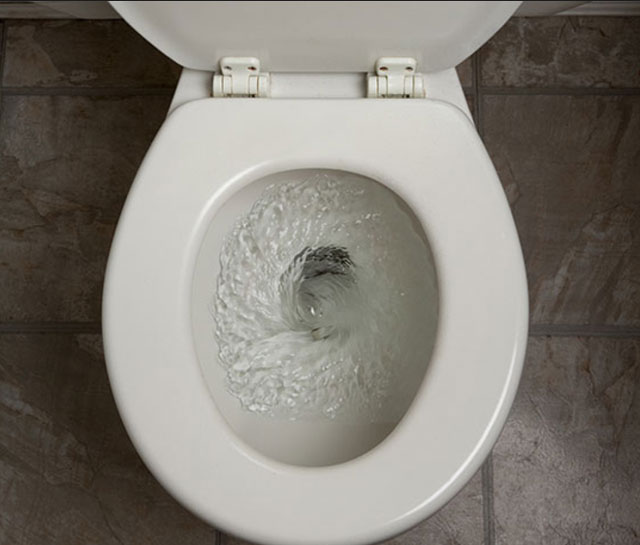
According to the study, turbulence from a toilet bowl caused by flushing can blow aerosol droplets that are potentially infectious to the next person who uses the washroom after an infected person to up to three feet.
As a result, the virus can cling on surfaces within the toilet before being picked by another person and yet researchers at the The University of Yangzhou China note that toilet plume can also carry infectious coronavirus particles that are already present in the surrounding air or recently shed in a person’s stool.
In the news release shared along with the paper by the Journal, Ji-Xiang Wang, the Co-author of the study and an expert in fluid dynamics at the University said that depending on the number of inlets in the toilet, flushing can force anywhere from 40 to 60 percent of the produced aerosols high above the seat.
The statement explains that the researchers created computer simulations of how water and airflow in flush toilets create droplets that can contain disease-causing pathogens like the coronavirus. They studied effects in two types of toilets where one had one inlet for flushing water yet the other had two to create rotating flow.
The simulations showed that as water pours into the toilet bowl from one side, it strikes the opposite side, creating whirlpools that send droplets nearly 3 feet into the air and can stay there for more than a minute.
Recommending closing the lid before flushing, Wang said the the velocity of the upward flow of aerosol is higher when the toilet is flushed frequently and has two inlets.
******
URN
 The Independent Uganda: You get the Truth we Pay the Price
The Independent Uganda: You get the Truth we Pay the Price



